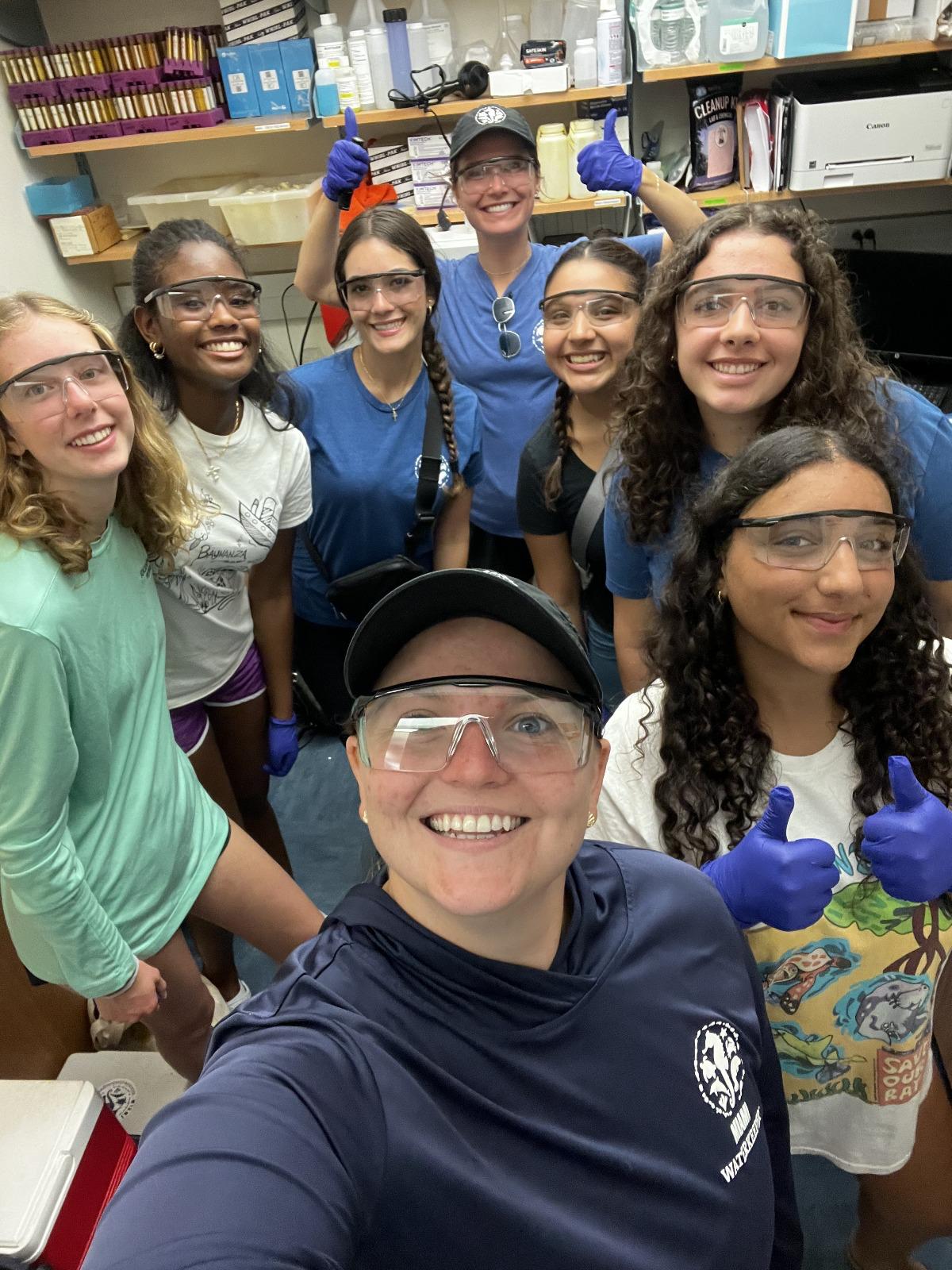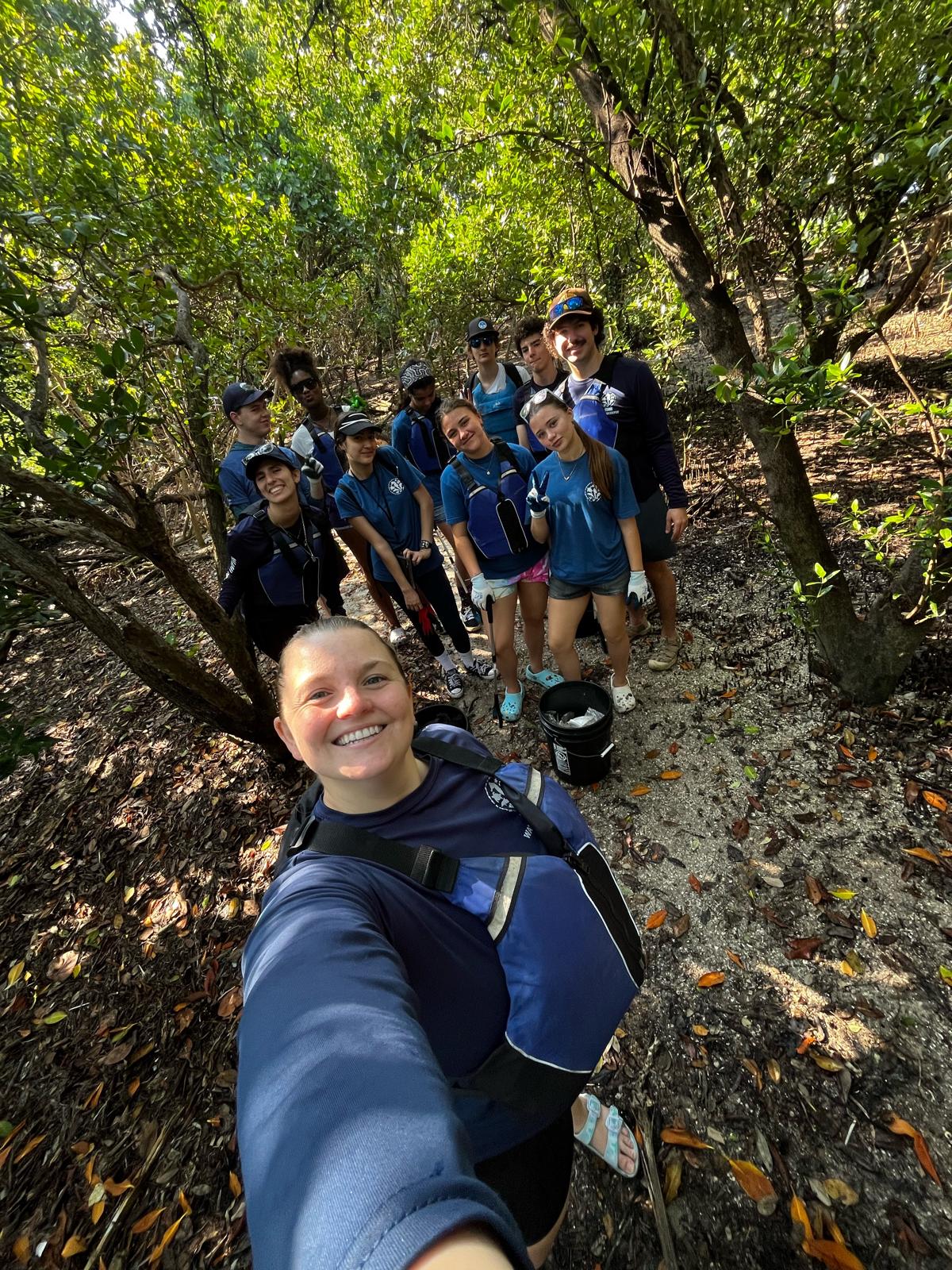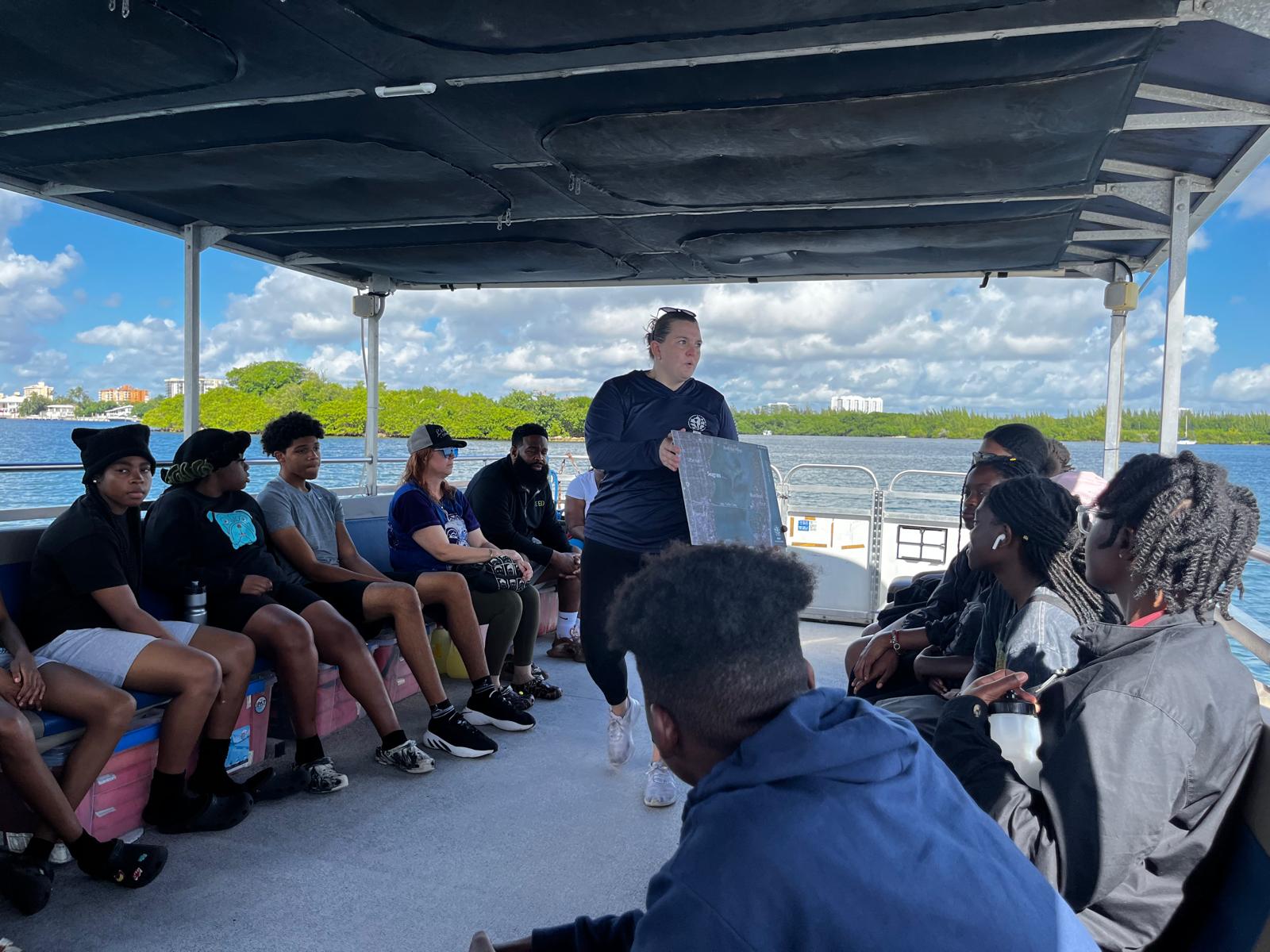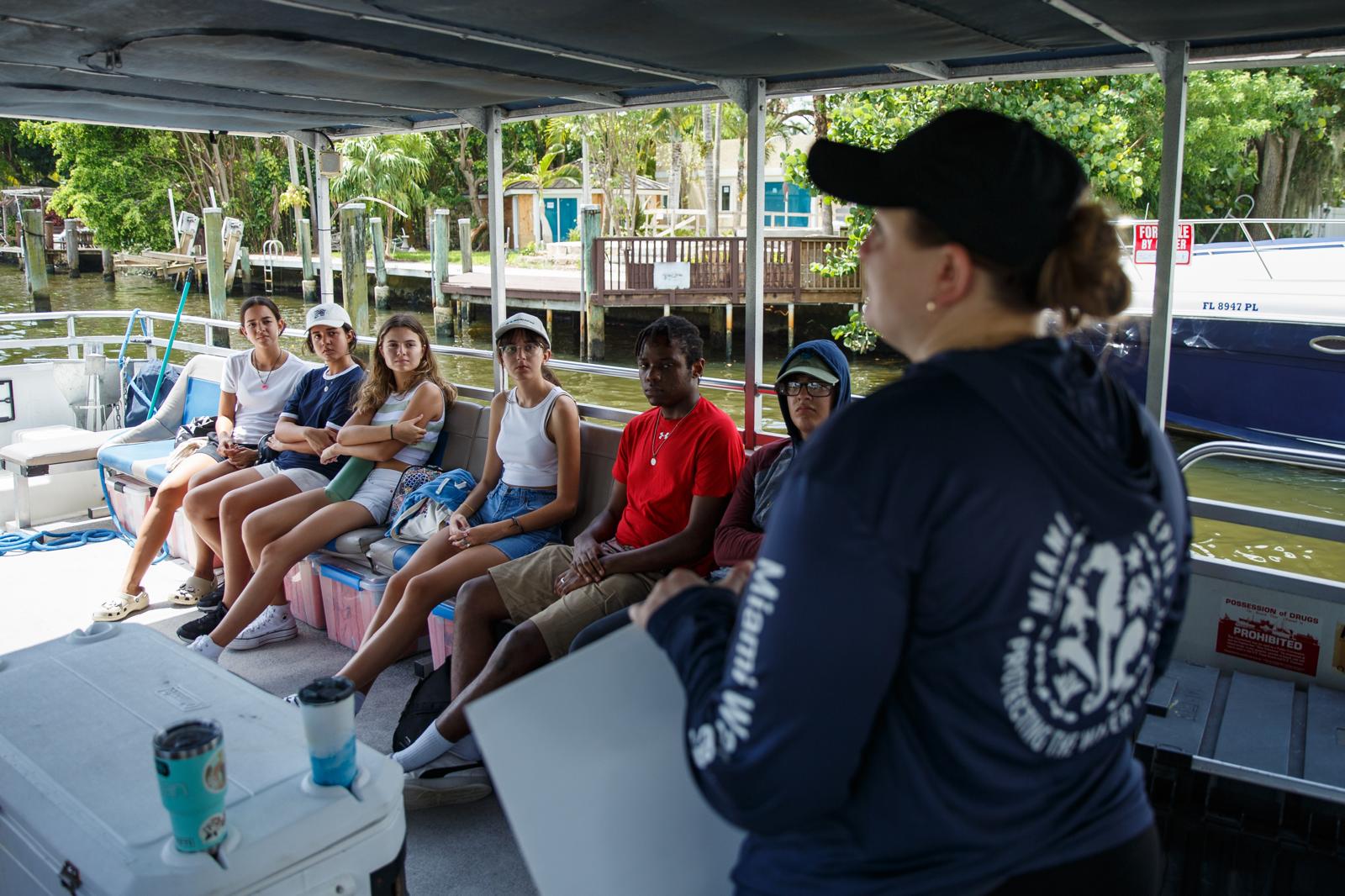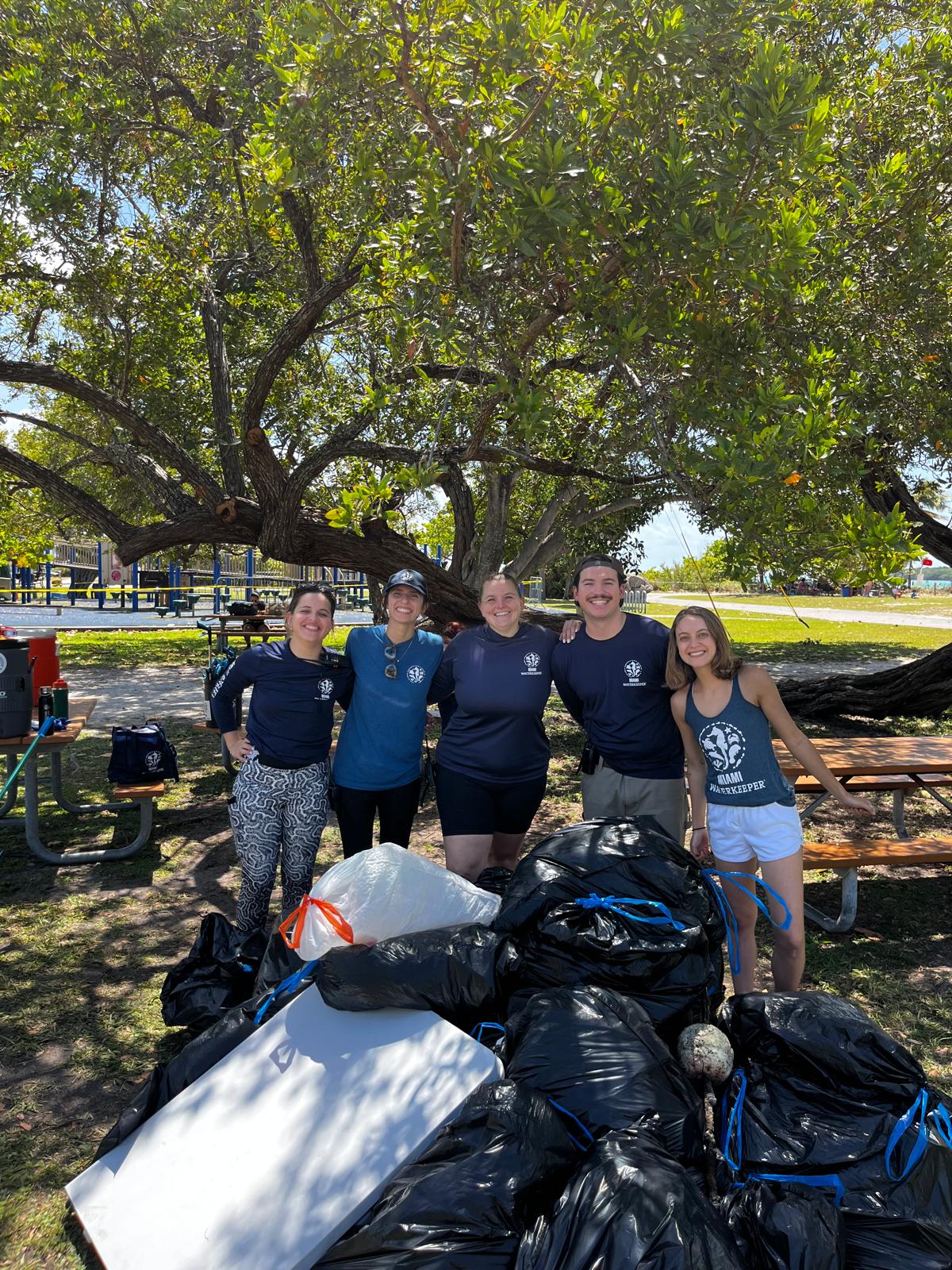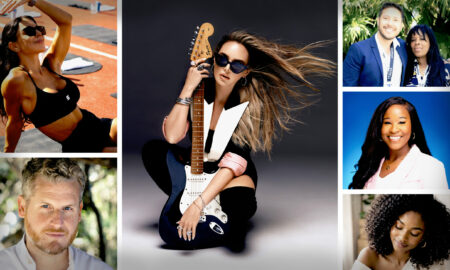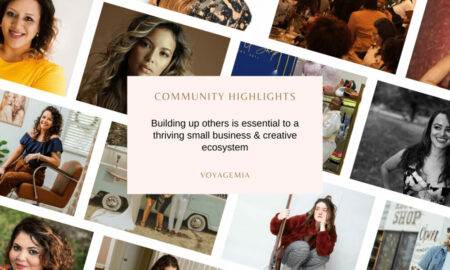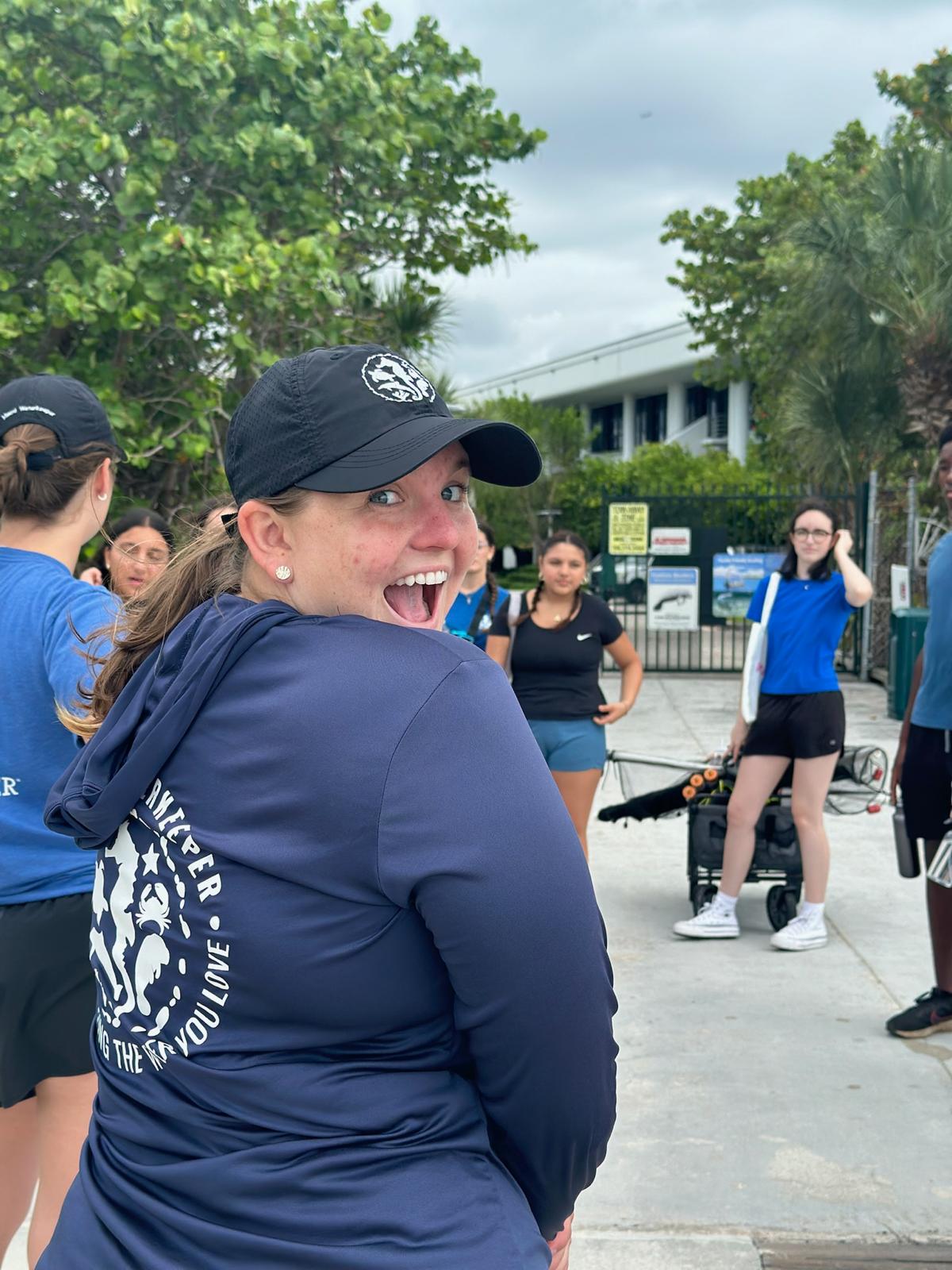

Erin Cover shared their story and experiences with us recently and you can find our conversation below.
Hi Erin, thank you for taking the time to reflect back on your journey with us. I think our readers are in for a real treat. There is so much we can all learn from each other and so thank you again for opening up with us. Let’s get into it: What makes you lose track of time—and find yourself again?
Scuba diving, without question. The moment I slip beneath the surface, everything else just disappears. I become weightless, suspended in this incredible blue space where my breathing becomes this rhythmic anchor.
What captivates me is how the reef is simultaneously the most peaceful and chaotic place I’ve ever experienced. There’s this constant, beautiful harmony happening—fish darting between the corals and sponges, everything moving in perfect rhythm with the current. It’s like watching life itself play out in slow motion.
I can spend hours down there, completely absorbed, and when I finally surface, I’m always shocked by how much time has passed. It’s like the ocean strips away all the noise and reminds me what really matters.
Can you briefly introduce yourself and share what makes you or your brand unique?
I’m Erin Cover, born and raised in northern Michigan on Lake Michigan. I’ve been shaped by water my entire life—I started competitive swimming at age 6 and went scuba diving for the first time when I was 10. Whether I was on the water or in it, that’s where I found my passion and purpose.
Today, I’m the Senior Education & Engagement Manager at Miami Waterkeeper, where our mission is to protect South Florida’s waters by advocating for resilient solutions grounded in science, rooted in nature, and driven by community. I lead our education and outreach programs, which includes everything from youth education initiatives to volunteer events and community engagement projects.
What makes this work special is how it connects my lifelong love of water with real impact. We’re not just talking about protecting our waters—we’re actively engaging communities, educating the next generation, and creating opportunities for people to become advocates for the waterways they depend on. It’s incredibly fulfilling to help others discover that same connection to water that has guided my entire life.
Great, so let’s dive into your journey a bit more. Who were you before the world told you who you had to be?
I was the kid who would spend entire summer days at the water’s edge, completely content to just watch the waves and wonder what was happening beneath the surface. I wasn’t thinking about careers or causes or making a difference—I was just genuinely, purely curious about this other world that existed below.
I remember being that 10-year-old on my first dive, not focused on technique or safety protocols, but just wide-eyed and amazed that I could actually breathe underwater and be part of that world I’d been wondering about. I was fearless in a way that had nothing to do with bravery and everything to do with belonging.
Before anyone told me I should be practical or choose a “real” career, I was just someone who felt most like herself when surrounded by water. That curiosity and sense of belonging—that’s still who I am at my core.
Was there ever a time you almost gave up?
The biostatistics class I took in grad school nearly broke me. I’ve never been a math person, and my confidence has always been incredibly low when it comes to numbers. I remember sitting in that class, completely overwhelmed by formulas and statistical analyses, wondering if I had made a huge mistake.
I started questioning everything—whether grad school was right for me, whether I belonged in this field at all. Here I was, passionate about water and marine science, but struggling so much with this one aspect that felt essential to the work. It was this moment of realizing that sometimes the things we’re most passionate about require us to push through our weakest areas.
I almost convinced myself that if I couldn’t master the math, maybe I wasn’t cut out for environmental science. But I realized that my strengths—connecting with people, education, advocacy—were just as valuable to this field. That class taught me that you don’t have to be perfect at everything to make a meaningful contribution.
So a lot of these questions go deep, but if you are open to it, we’ve got a few more questions that we’d love to get your take on. What are the biggest lies your industry tells itself?
That presenting people with data and scientific facts will automatically change their behavior. We spend so much time perfecting our research and statistics, thinking that if we just show people the right charts about ocean acidification or plastic pollution, they’ll immediately start acting differently.
But in my experience doing community education, that’s not how people work. Facts inform, but connection transforms. People don’t fall in love with a spreadsheet—they fall in love with a place, a moment, an experience. That kid who touches a seastar for the first time or sees a manatee in the wild becomes a conservationist, not because of the data, but because of the feeling.
We also tell ourselves that environmental issues are separate from social justice issues, when really they’re completely intertwined. The communities most affected by water pollution are often the ones with the least resources to address it. If we’re not talking about equity and access, we’re missing a huge part of the picture.
Before we go, we’d love to hear your thoughts on some longer-run, legacy type questions. What is the story you hope people tell about you when you’re gone?
I hope people remember me for my humor, my kindness, and my passion for sharing the underwater world with everyone. I want them to say that I made marine science accessible—that I could take someone who was afraid of the water and help them discover the magic that exists beneath the surface.
More than anything, I hope people remember that I equipped them with the tools and knowledge to make a positive difference. Not just the technical stuff, but the confidence to believe they could be part of the solution. I want my legacy to be all the people who fell in love with our waters because of something I shared with them, and who then went on to protect and advocate for those places themselves.
I’d love for someone to say, “Erin showed me that you don’t have to be a scientist to be an advocate. She made me believe that my voice mattered, that my actions could create ripples of change.” That would mean I succeeded.
Contact Info:
- Instagram: @erincover95
- Linkedin: https://www.linkedin.com/in/erincover/
